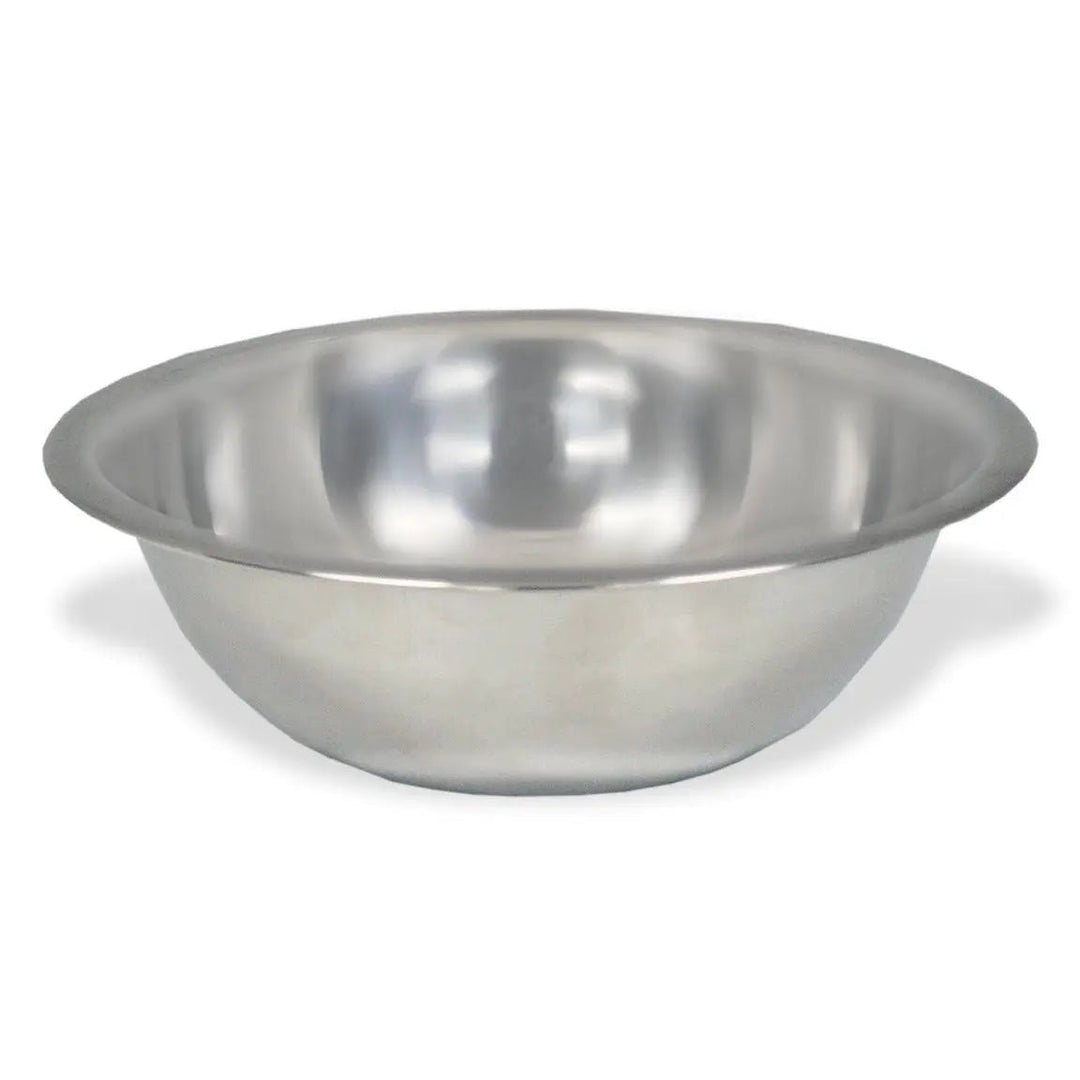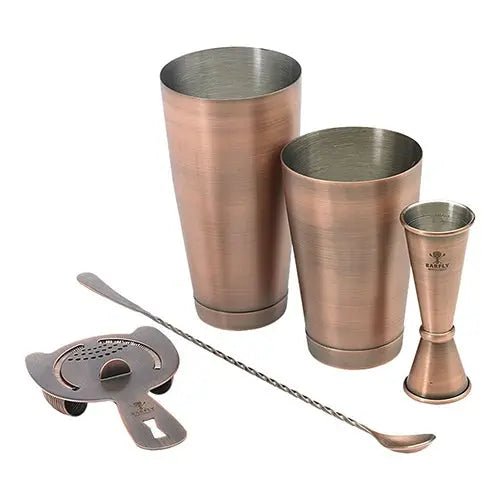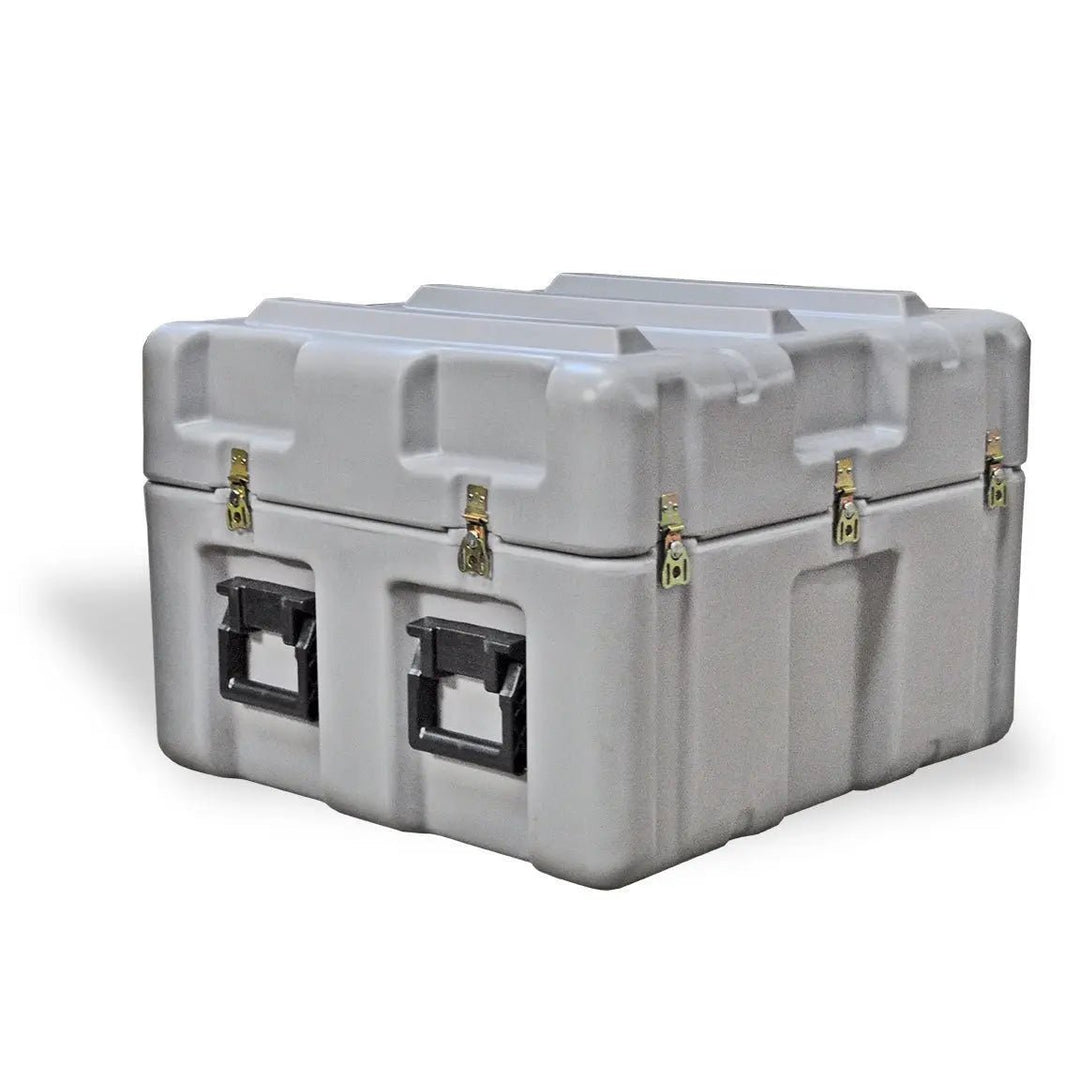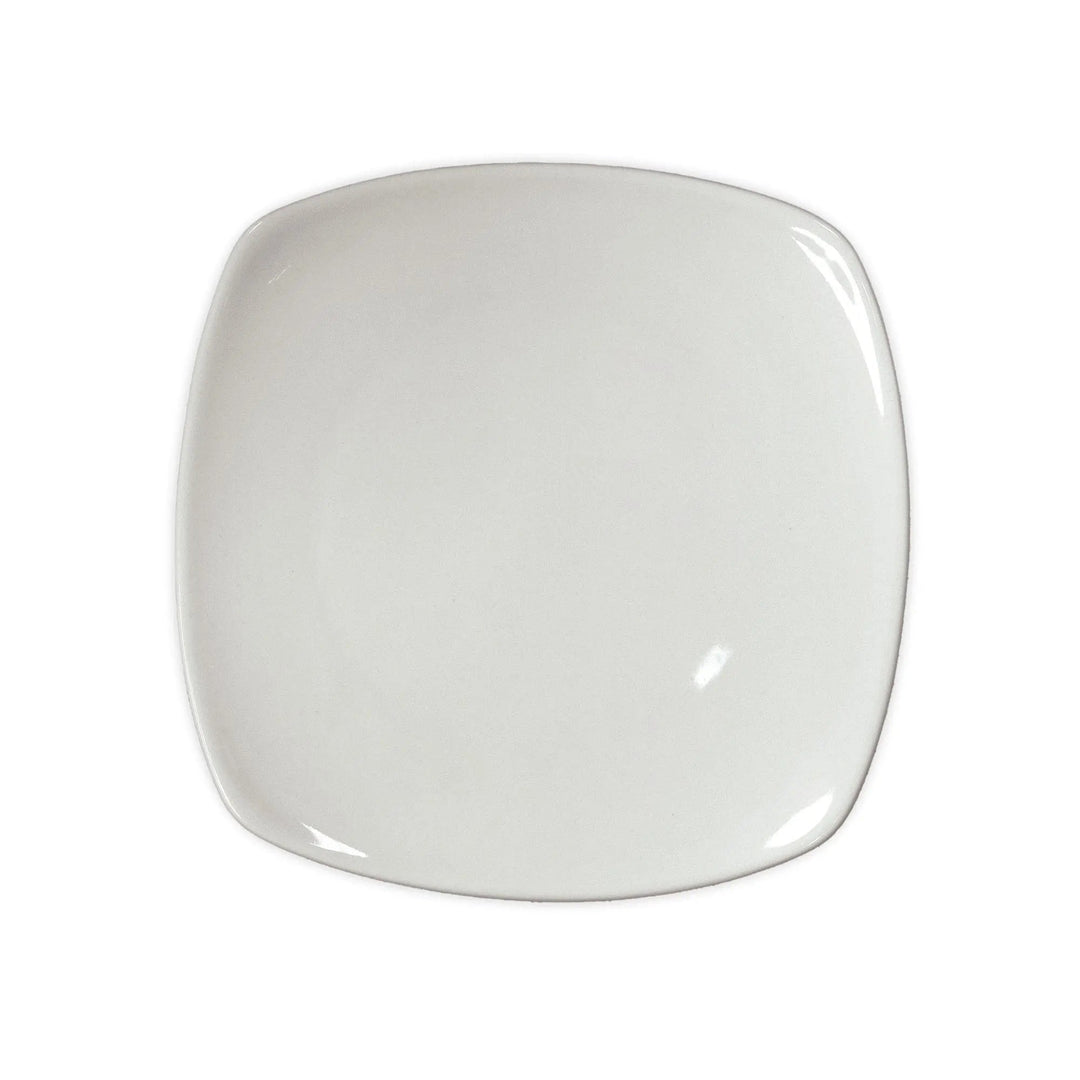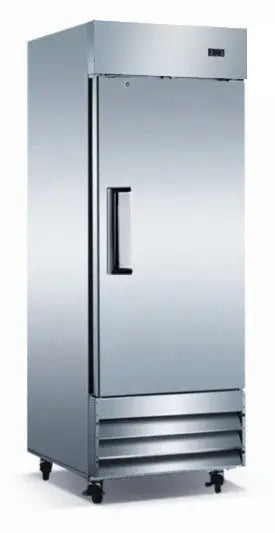Digital vs Mechanical Scale - Which is Better?
Pro-Kitchen: Mechanical Scale or Digital Scale. Which is Better?
Should I buy a mechanical or digital scale for my restaurant kitchen? That is a common question asked by new restaurant owners and managers. Truth be told, it is even asked by experienced owners and managers who are preparing to remodel or open a new restaurant or kitchen. For many years, the mechanical scales have served us well. But, the digital scale is newer, and we should always go with the new technology, right? Well, maybe. In some cases, it is a question of personal preference. At other times, there are specific reasons you might go one way or the other. So, what are the pros and cons of a digital weight scale vs a manual?
Mechanical Kitchen Scales: Pros & Cons

The mechanical scale is also known as the spring scale. The reason it is called a spring scale is that that is how it works. The flat and level top sits above a spring, and as weight is put upon the scale, the spring is compressed which then pulls on additional springs which pull dials to provide a weight reading.
PROS
- These are relatively simple devices, and because of that, Mechanical scales such as the Taylor TP16 16 Oz Compact Mechanical Scale tend to be less costly than digital scales.
- Easier to clean as it’s not as sensitive to water damage as some digital options may be – some models are dishwasher safe.
- They are more portable as they don’t require power – no batteries, cords or outlets needed.
CONS
- The main downside with spring or mechanical kitchen scales is that they are not as accurate as digital scales, but even that is relative to the Pelouze 832 measures at 0.125 ounces and is considered quite accurate.
- Mechanical scales typically only have one unit of measurement. So, if you get one for measuring pounds and ounces that is what it will measure. The unit simply isn’t designed to measure our kilos and grams.
- While some models do, some mechanical kitchen scales do not offer a tare function
Digital Kitchen Scales: Pros & Cons

At one point, if you wanted a countertop scale in your kitchen, this was your only option, but these types of scales for the kitchen have become much more popular over time. These digital units work with control boards and sensor chips, so they don’t rely on a series of springs or dials.
PROS
- One of the benefits over mechanical scales is that they have onboard intelligence so that units can measure and convert in several different units—grams, ounces, etc.
- The easy-to-read LCD screen takes the guesswork out and leaves you with a quick and accurate reading
- It used to be that digital scales were costly investments. Nowadays digital scales are much more economical, like with the San Jamar 11# Professional Digital Scale. With a lower price point around $35, it's more in line, if not less expensive, than a mechanical scale.
- Tare function is easier to use than on some mechanical models.
- Tend to have a slimmer, more compact design that fits easily in cupboards or drawers when not in use.
CONS
- Digital units cannot be put through the dishwasher and tend to be a bit more sensitive—a mechanical scale can suffer a drop while a digital scale may or may not be able to.
- The digital scales also require some sort of power whether that means batteries or being plugged up to the wall limiting portability.
So, What Do I Get?
Still confused about the digital vs mechanical scale debate? The reality is that both the mechanical scale and digital scale for your kitchen can serve a purpose. You will need to know how you plan on using your scale before you can make this decision. Is the exacting precision of a digital scale necessary? Or, will you need to thoroughly wash your scale to prevent cross-contamination? Of course, we’re always happy to help with your kitchen supply needs by answering questions and directing you toward the best option for your restaurant kitchen.













